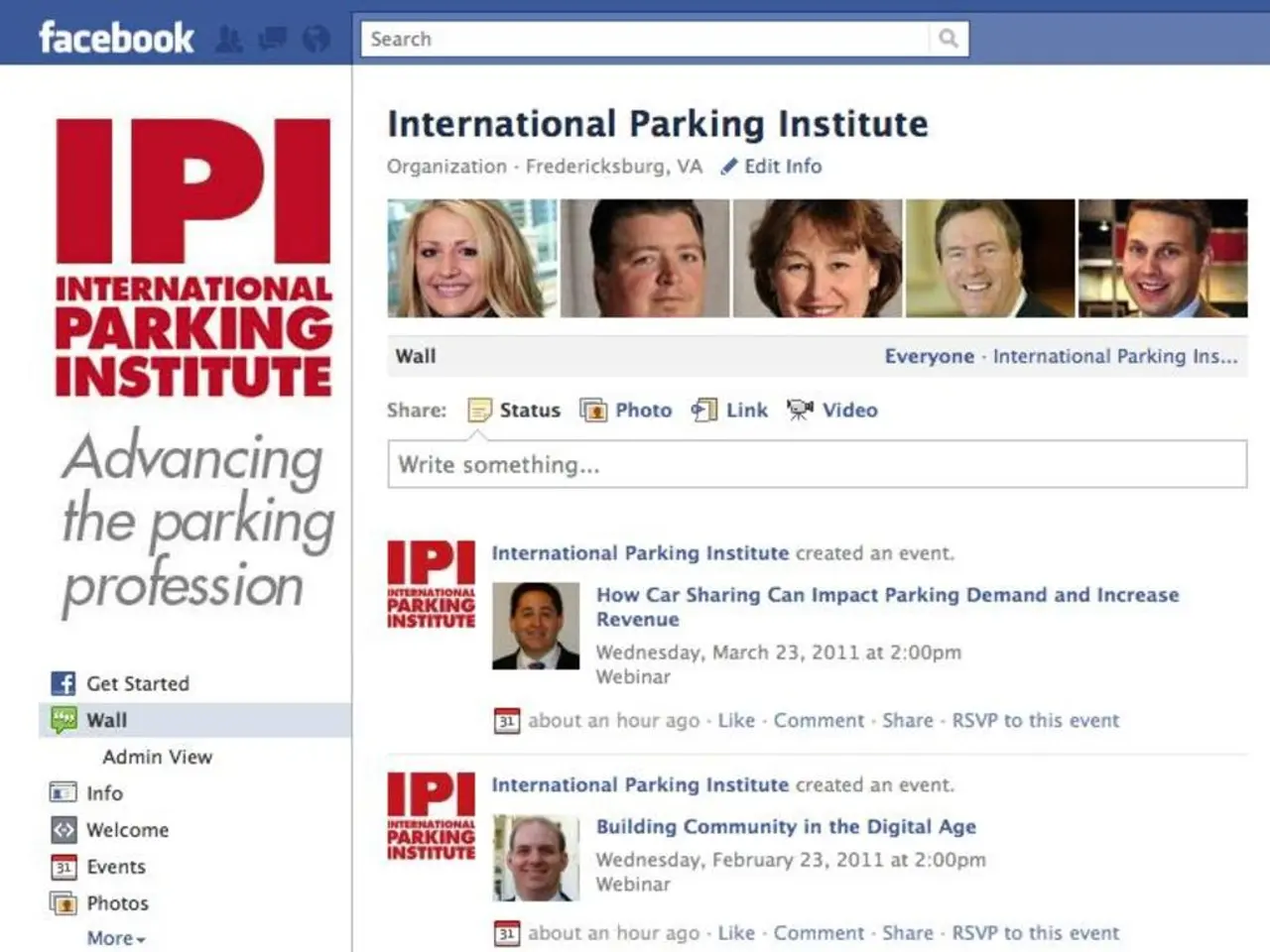Exploring the Legal Aspects of Privacy Invasion via Social Media
In the rapidly evolving digital landscape, social media platforms have become a cornerstone of modern communication and interaction. They have reshaped the way we connect with each other, enabling users to form global connections in real-time. However, this revolution has also raised significant questions about privacy and data protection.
Privacy Laws
Governments worldwide are increasingly passing laws to regulate social media platforms to protect users, particularly minors, from privacy risks and harmful content. For instance, several U.S. states, such as Mississippi and Utah, have enacted or proposed laws requiring social media users to verify their ages before accessing these platforms to shield children from harmful material and ensure parental consent.
These laws impose obligations on platforms to secure personal data and regulate data collection practices. Platforms must implement age verification mechanisms and cannot use deceptive methods to collect excessive personal information. Failure to comply can result in significant fines and legal penalties.
Privacy frameworks such as the General Data Protection Regulation (GDPR) in Europe and emerging laws worldwide compel companies to obtain explicit consent for collecting, storing, and using personal data, making businesses more accountable for protecting user information in their social media marketing and outreach efforts.
The evolving legal landscape reflects a balance between safeguarding free speech rights and protecting vulnerable populations, with courts still resolving constitutional debates about the scope of such regulations.
Individual Awareness
Social media users have become more aware of how their digital footprints—trails of personal data generated through interactions online—are tracked, stored, and monetized by platforms. This awareness drives demand for greater transparency and user control over personal data.
The concept of digital surveillance linked to social media has spurred users to be more intentional about their online presence and privacy settings, fostering a culture of mindfulness about sharing personal information and consent.
Awareness is also growing around future privacy challenges as new technologies (e.g., augmented and virtual reality) introduce novel biometric data collection, highlighting the ongoing tension between personalized social experiences and individual privacy.
The Balance Between Sharing and Privacy
The balance between sharing and privacy hinges on individual choices and societal norms. The proliferation of social media has necessitated an evolution in privacy laws, with traditional laws struggling to address the unique challenges posed by online behaviors on social platforms.
Regulations now advocate for user consent and data protection to ensure that individuals can understand and manage their privacy settings more effectively. Ensuring that users are well-educated about privacy rights empowers them to advocate for stronger protections and regulations.
As technology advances, the implications of data collection and user interactions will necessitate a reevaluation of privacy standards and consumer expectations. Education plays a pivotal role in shaping user behavior towards privacy awareness, as knowledge empowers individuals to make informed choices about their online presence and its potential consequences.
High-profile case examples, such as the Cambridge Analytica scandal, illustrate the profound consequences of data breaches. Users tend to demonstrate greater vigilance regarding their privacy settings when exposed to educational campaigns and resources. Regular updates from platforms about changes in privacy policies and options can further support users in safeguarding their personal information.
In conclusion, the rise of social media has significantly influenced both privacy laws and individual awareness in the digital age. It has prompted new regulations that address data protection, age verification, and user consent, while also heightening public consciousness about digital privacy risks. Privacy, in this context, refers to the right of individuals to control their personal information in an environment where data is readily available and often publicly shared. The settlement of the FTC against Facebook in 2019 demonstrated the direct consequences of privacy violations on corporations. Fostering a culture of privacy awareness among users is essential, as continuous education on safe social media practices can mitigate risks and ensure individuals make informed decisions about their online presence.
Read also:
- AI Inspection Company, Zeitview, Secures $60 Million Funding for Expansion
- Future of Payments: If the U.S. regulates stablecoins through the GENIUS Act, according to Matt Hougan
- Ongoing trade friction as the American administration levies fresh import taxes on goods arriving from China
- Exciting Activities and Productive Tasks You Can Perform on Any Personal Computer








